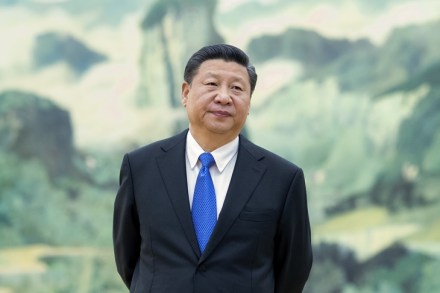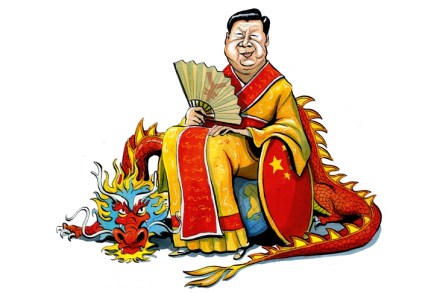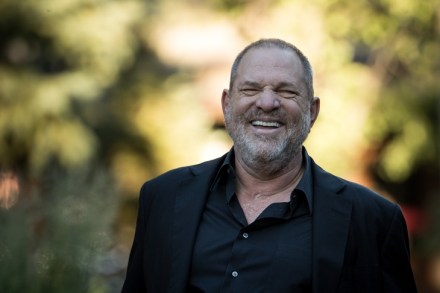The Wasp’s sting
Kiev Before he was Donald Trump’s campaign manager, Paul Manafort worked for the president of Ukraine, Viktor Yanukovych. Yanukovych started out as a petty thief in the bleak Soviet city of Donetsk. He stole fur hats from men using its outside toilets. He would reach over the door as they squatted, defenceless, and flee while their trousers were still around their ankles. Even among the criminals of Donetsk, this was thought low behaviour. ‘It’s hard to imagine now that we had such a character as a president of the country,’ said Alex Kovzhun, a Ukrainian political consultant. Kovzhun joyfully put this story on thousands of mock newspaper front pages during





















